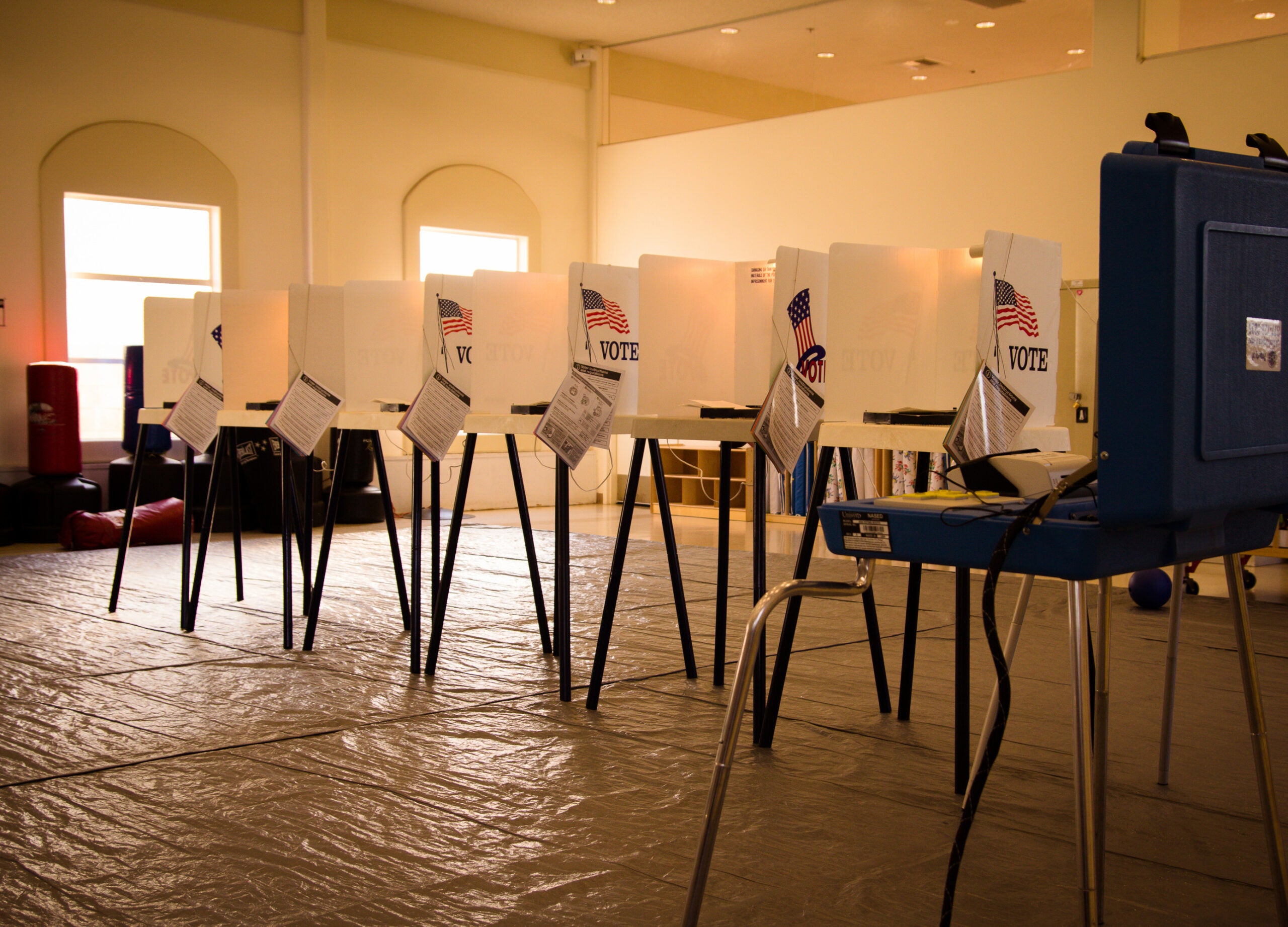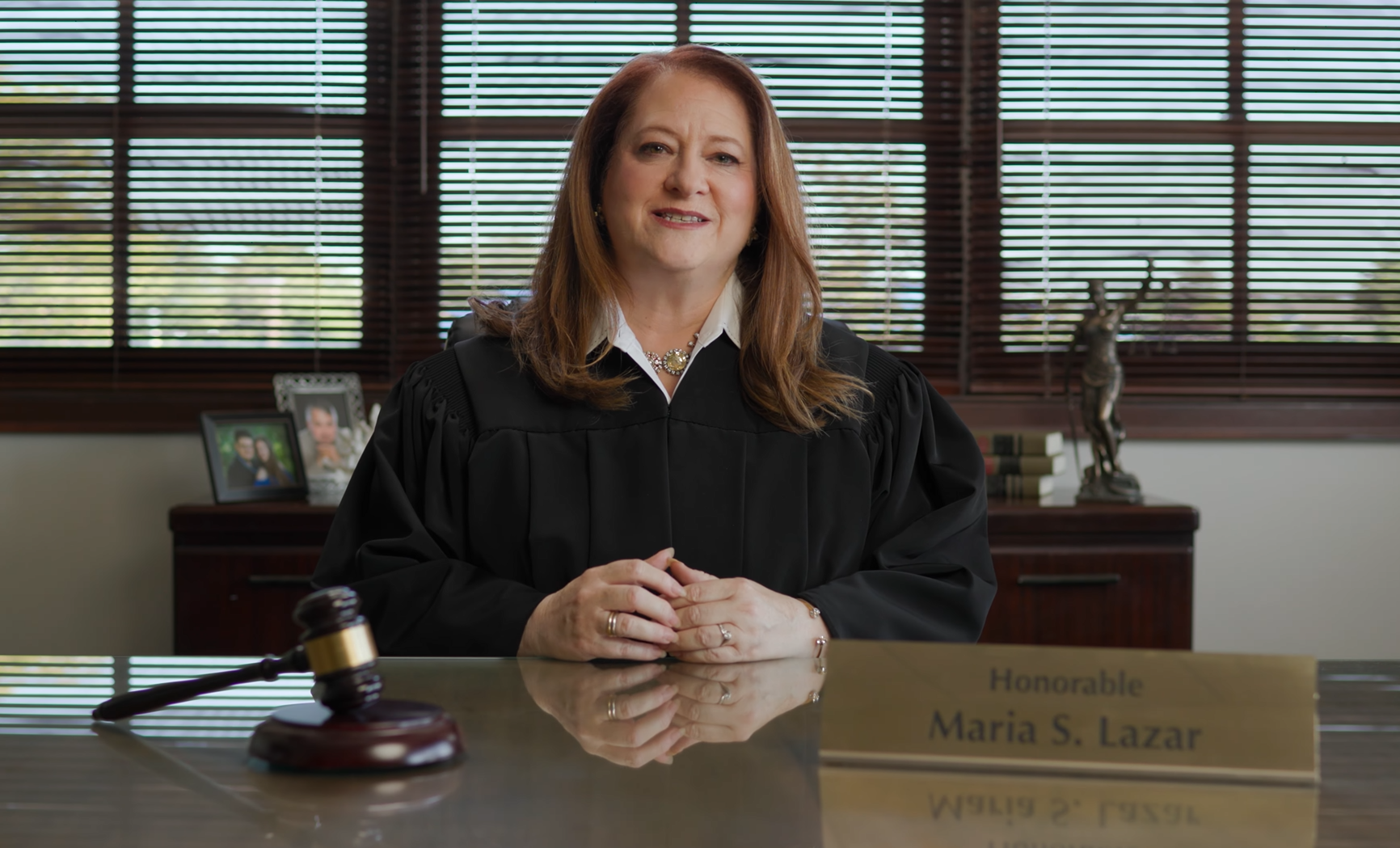Wisconsin voters won’t need to bring a photo identification to the polls for the April 7 election. But ID will be required for all future elections, following a decision by the U.S. Supreme Court Monday.
The justices declined to hear a constitutional challenge brought by the American Civil Liberties Union and the League of United Latin American Citizens against a 2011 law requiring voters to show ID to cast a ballot.
The law was on hold, pending legal action, and the court’s decision not to take the case officially put it into effect.
News with a little more humanity
WPR’s “Wisconsin Today” newsletter keeps you connected to the state you love without feeling overwhelmed. No paywall. No agenda. No corporate filter.
But Wisconsin Attorney General Brad Schimel issued an order Monday saying it won’t be enforced for the spring election, because the voting process is already underway.
“Our legal team did an outstanding job defending Wisconsin law, from the trial court to the U.S. Supreme Court. Absentee ballots are already in the hands of voters — therefore, the law cannot be implemented for the April 7 election. The Voter ID law will be in place for future elections. This decision is final,” Schimel said in an emailed statement.
The director of the Government Accountability Board, Kevin Kennedy, said it would have been nearly impossible to require absentee voters to provide an ID after they’d already voted.
“It would not be practical or even realistic to go down that path, so we should proceed as if the law will be in place for future elections,” said Kennedy.
However, Kennedy said, the IDs will be required in some special school board elections scheduled for May.
“We’ll be reaching out to those municipal clerks to make sure they have the information they need. I think it will be a good implementation to do that as special elections pop between now and the statewide primary in February 2016,” he said.
Gov. Scott Walker cheered the court’s decision, saying the law will protect the integrity of state elections by making it easy to vote and hard to cheat.
Opponents argue such laws discriminate against low-income and minority voters who may find it difficult to obtain a photo ID.
Wisconsin is now one of more than a dozen states with voter ID laws on the books. But laws in two of those states,Texas and North Carolina, still face legal challenges that could eventually reach the U.S. Supreme court.
Eighteen states don’t have any ID requirements at the polls, including three of Wisconsin’s neighbors: Iowa, Illinois and Minnesota.
Wisconsin Public Radio, © Copyright 2025, Board of Regents of the University of Wisconsin System and Wisconsin Educational Communications Board.







